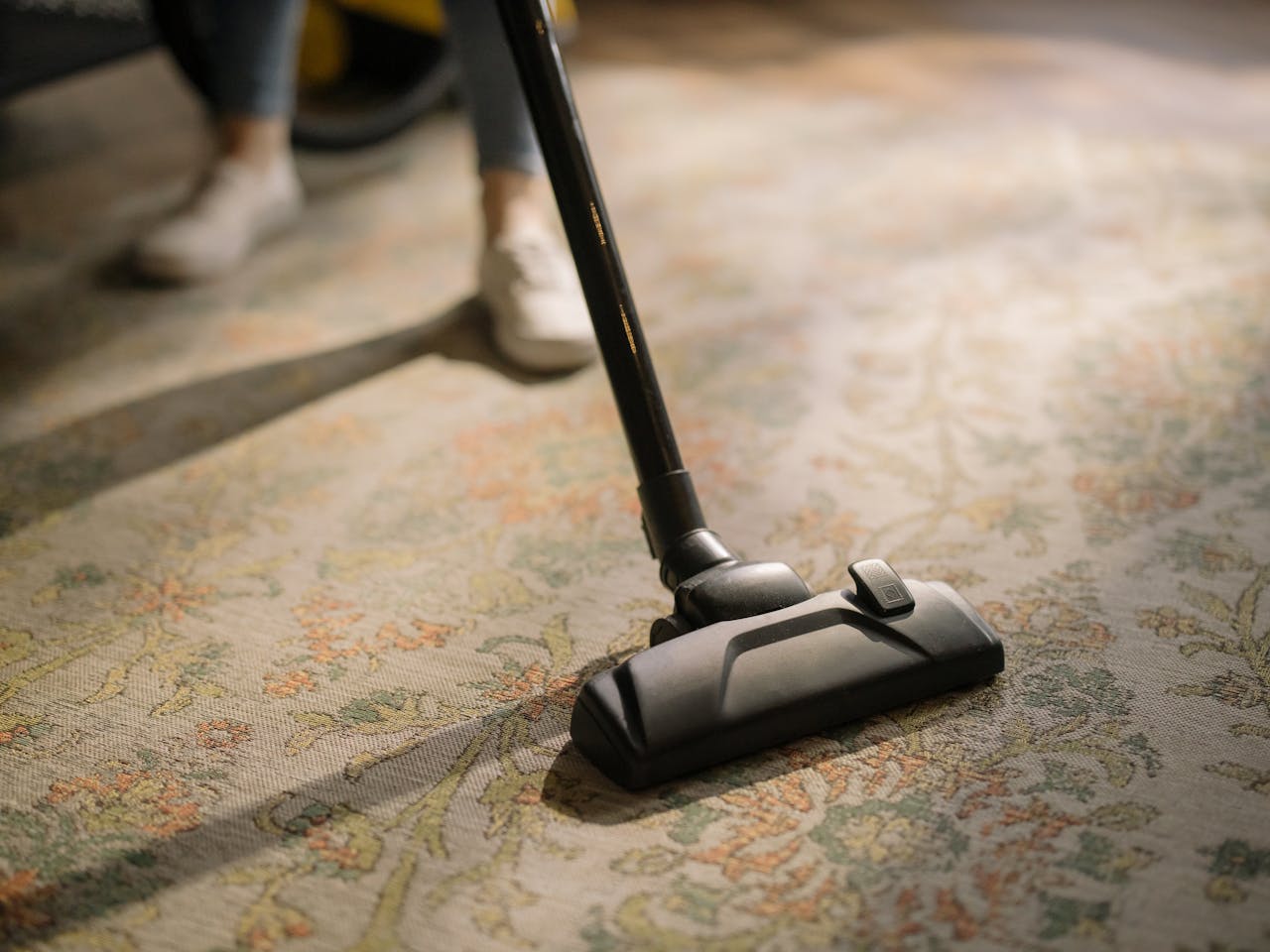Creating a family-friendly cleaning routine keeps your home tidy and teaches responsibility and teamwork. With everyone’s busy schedules, it’s essential to find a system that works for your whole family. Understanding your family’s specific needs and daily activities is the first step in developing a routine that fits your lifestyle.
We all want a clean home, but cleaning can feel like a daunting task when done alone. By involving everyone, we can make it more manageable and even enjoyable. This approach not only distributes the workload but also fosters a sense of shared responsibility. Kids can learn valuable life skills while contributing to the household, and parents can enjoy a tidier living space with a bit less effort.
Let’s explore practical ways to create a cleaning routine that suits your family’s needs and helps maintain a clean and happy home. With a structured plan and some creativity, cleaning can become a stress-free and even fun part of your family’s daily life.
Every family has unique cleaning requirements based on their size, lifestyle, and daily activities. Start by assessing how your family uses each room in the house. High-traffic areas like the kitchen, living room, and bathrooms usually need more frequent cleaning due to constant use. On the other hand, spaces like guest rooms or formal dining areas might only require occasional attention. Understanding these needs helps you prioritize tasks and ensures that cleaning efforts are distributed efficiently.
It’s essential to consider the specific needs of family members as well. For example, families with young children or pets may encounter more spills and messes, necessitating extra focus on floors and upholstery. Allergies or asthma can also affect cleaning strategies, pushing the need for hypoallergenic cleaning supplies and frequent dusting. By tailoring your cleaning routine to suit your family’s specific needs, you can maintain a cleaner, healthier home environment with less stress and more effectiveness.
Maintaining a clean home becomes more manageable when everyone pitches in with daily and weekly chores. Assigning age-appropriate tasks ensures that even the youngest family members can contribute. Daily chores can include simple tasks like making beds, wiping down countertops, and tidying up common areas. These small but consistent efforts prevent messes from piling up and make deeper cleaning sessions less daunting.
Weekly chores address more extensive cleaning tasks that keep the home in tip-top shape. These can include vacuuming, mopping floors, cleaning bathrooms, and dusting surfaces. To make this process smoother, create a chore chart that outlines responsibilities for each family member. Rotate tasks to ensure that everyone learns and shares the workload, fostering a sense of teamwork and accountability. By breaking down chores into daily and weekly tasks, you can maintain a clean home without overwhelming anyone with too much work at once.
Getting kids involved in cleaning can be a fun and rewarding experience for the whole family. By making cleaning an engaging activity, you teach children the value of responsibility and help them develop good habits early on. One effective way to do this is by turning chores into games. For example, set a timer and see who can pick up the most toys before it goes off. You could also create a scavenger hunt where kids have to find and put away specific items.
Another fun approach is to use music. Create a playlist of your family’s favorite songs, and let the kids dance and sing while they clean. You’d be amazed at how quickly the time flies when everyone is enjoying themselves. Additionally, assigning age-appropriate tasks gives kids a sense of accomplishment. Younger children can help with simple chores like dusting or wiping surfaces, while older kids can take on more responsible tasks such as vacuuming or organizing their rooms.
Encouraging consistent participation in household cleaning can be effectively managed through a reward system. A reward system not only acknowledges your children’s hard work but also motivates them to keep up their efforts. Start by creating a chore chart that outlines daily and weekly tasks. Each family member, including the kids, should have tasks that are clear and manageable.
For each completed chore, offer a small reward or a point. These points can accumulate and be traded for bigger rewards, such as a favorite snack, extra screen time, or a fun family outing. Make sure the rewards are appealing and suitable for your kids’ interests. Positive reinforcement through rewards not only helps get the chores done but also boosts morale and fosters a cooperative family environment.
Having a family-friendly cleaning routine is more than just keeping a clean home; it’s about teaching responsibility, working together, and creating a pleasant living environment. By understanding your family’s unique needs and incorporating daily and weekly chores, everyone contributes to maintaining the household. Engaging kids in fun cleaning activities and establishing a reward system makes the process enjoyable and gratifying.
When your home cleaning needs exceed what your family can handle, consider reaching out to us at Laly’s Cleaning Services. We offer recurring house cleaning, deep cleaning, move-in/out cleaning, and carpet cleaning in Maryland. Let us help you maintain a spotless and healthy home environment. Call Laly’s Cleaning Services today to schedule your cleaning appointment and experience the difference we can make.

